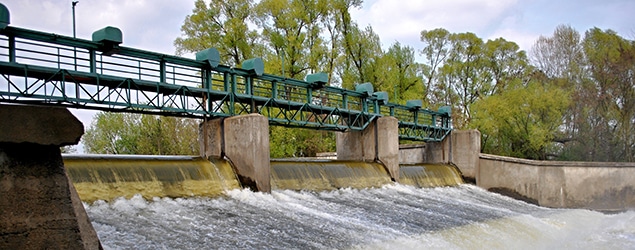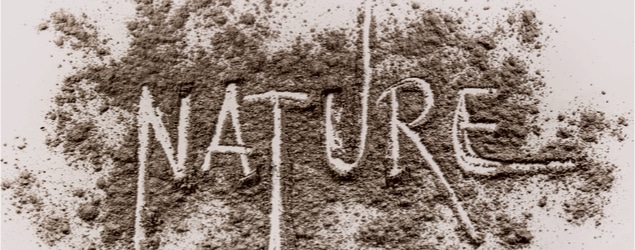Small hydro not small enough for greens

The Wall Street Journal recently reported on “small hydro” projects—hydroelectric power plants involving small dams on streams and tributaries, as opposed to giant dams on major rivers. Because hydro produces zero greenhouse gas emissions, these projects are being promoted by power companies hoping to avoid the fierce green opposition to carbon-based energy.
But environmentalists have also fiercely opposed hydro for decades, because massive dams flood large areas and dramatically alter waterways. (This list of Sierra Club “accomplishments” boasts of killing dam projects as far back as 1923.) The Journal story suggests that with small hydro, electricity producers are hoping to fly under the green radar by building smaller dams in remote locations.
The problem is that these hydro plants have a tiny generating capacity: on the order of 10 to 30 megawatts (MW), as compared with, say, the Hoover Dam, which has an installed generating capacity of 2000 MW. So small hydro faces exactly the same problem that renders wind and solar energy impractical: Producing a significant amount of power requires huge numbers of allegedly “minimal impact” installations. An assessment of the potential for hydro in Washington state found that “developing all the state’s potential hydro sites, including small ones, would add only 762 megawatts”—i.e., only as much as a single large coal-fired power plant.
So to come even close to the generating capacity of nuclear or hydrocarbon-fueled power plants, one has to build on a large scale. But as soon as one builds anything on a large scale, environmentalists fight it tooth-and-nail. Indeed, as the Journal reports, this has already started:
The small-hydro trend is beginning to raise eyebrows in environmental and recreation circles, especially in the West where much of the activity is taking place. . . “One plant here, one there, maybe we would support that,” says Thomas O’Keefe, Northwest regional coordinator of American Whitewater, a rafters’ group. “But with so many on the drawing board this really gets to be an issue of cumulative impacts.”
As I’ve said before, “green energy” is an oxymoron; what it really means is no energy.



